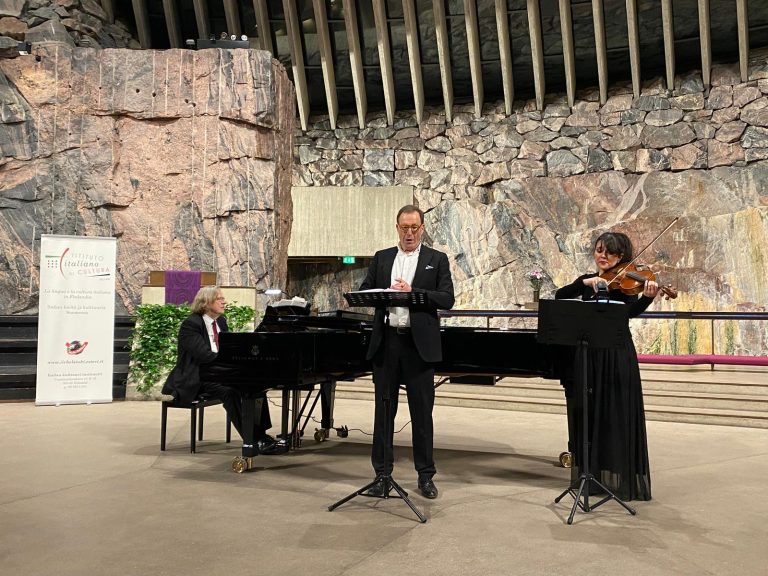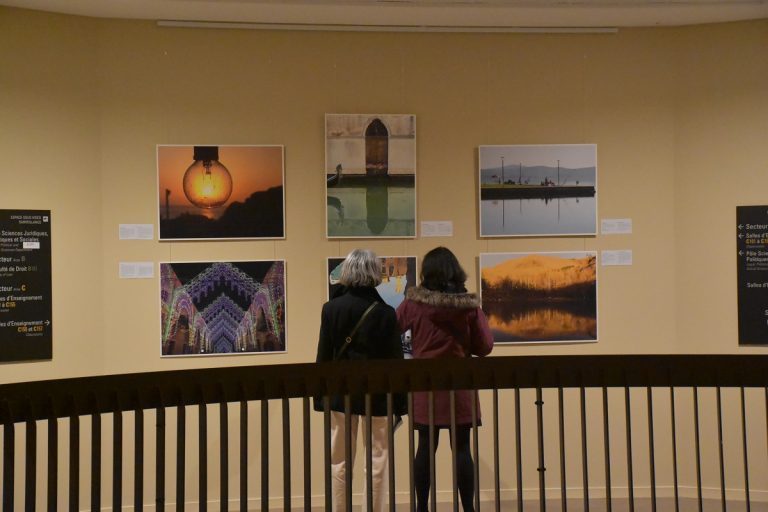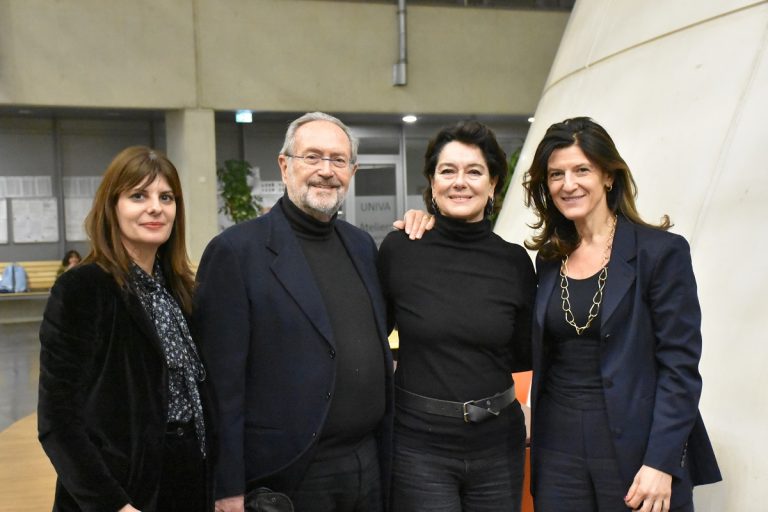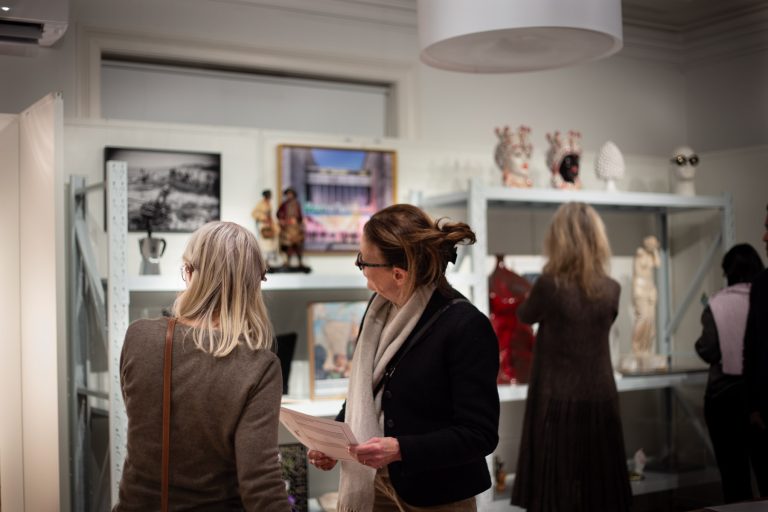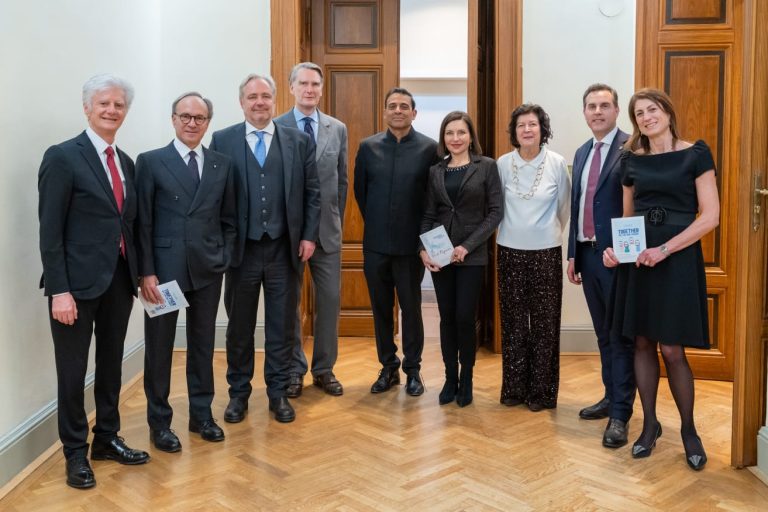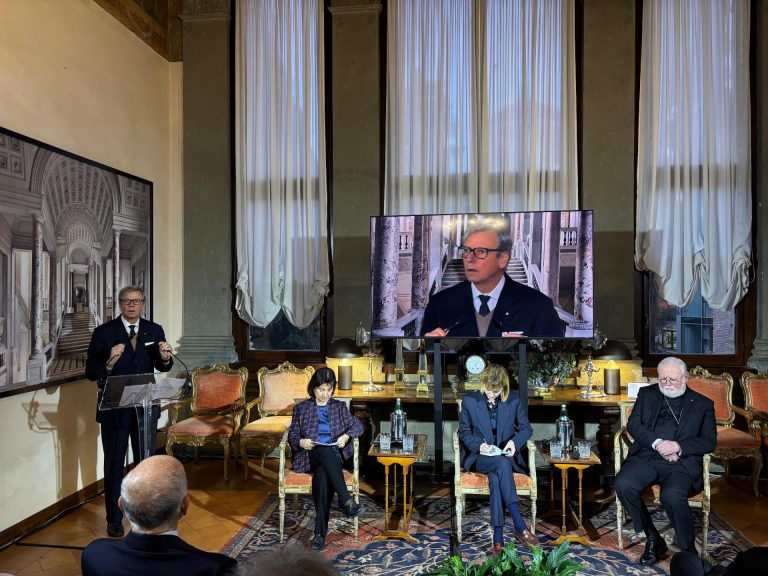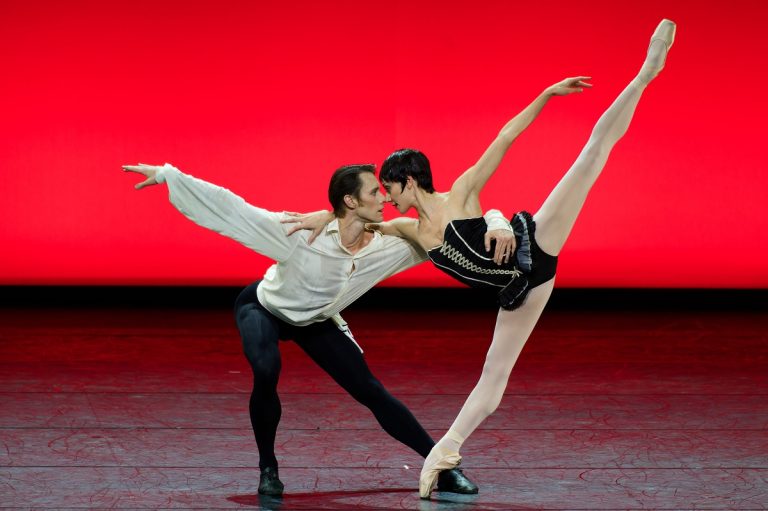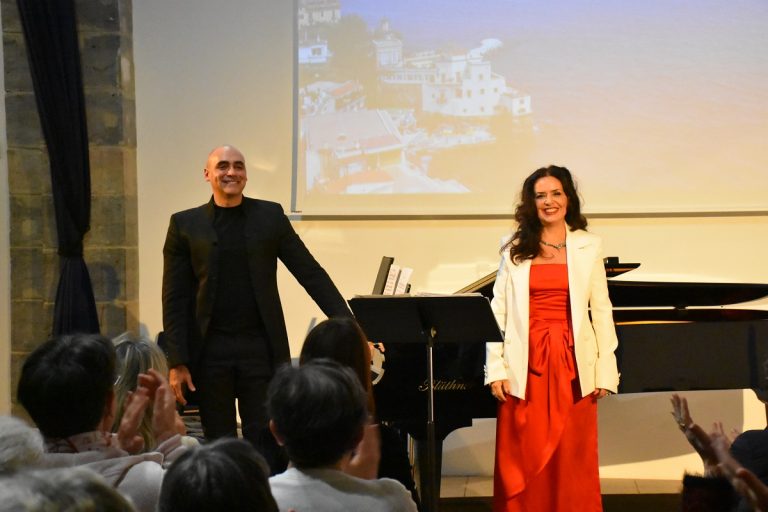What was the position of Italian intellectuals and artists who did not take part in the anti-Fascist movements of the 1930s? This will be the topic of the lecture that will be hosted by the Italian Cultural Institute in Oslo at 6:30 p.m. on 26 April. The lecture will start with the Convegno Volta on “the dramatic theatre” organised in 1934 by the Royal Academy of Italy, an eminent institution to which the Fascist regime assigned the task of representing the artistic and scientific achievements of the regenerated Italian culture both within the national borders and abroad. The aim of the organisers was to show the importance and prestige of the Italian theatre and, in particular, its capacity to stand the comparison with other forms of entertainment like the cinema and sports. Historically speaking, the Convegno Volta was the point of arrival and the moment of development of various cultural dynamics. The lecture – delivered by Ilona Fried, full professor of Italian Literature at the Department of Italian Studies at the Eötvös Loránd University in Budapest – will also talk about the relationship between the theatre in Italy and Europe and between the world of culture and of politics in the age of Totalitarianisms.

